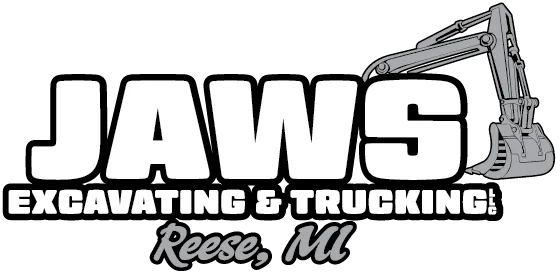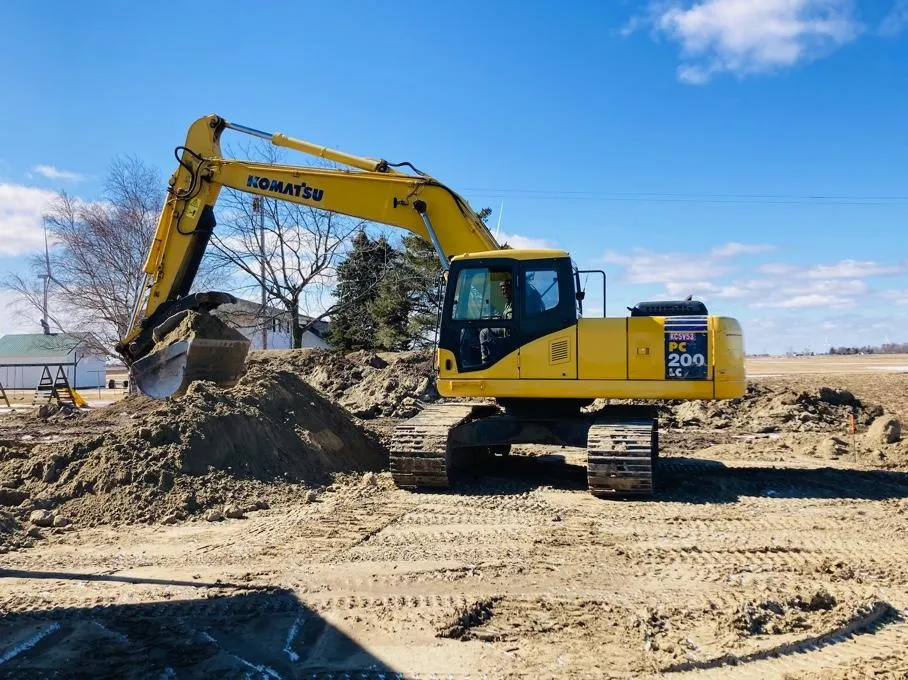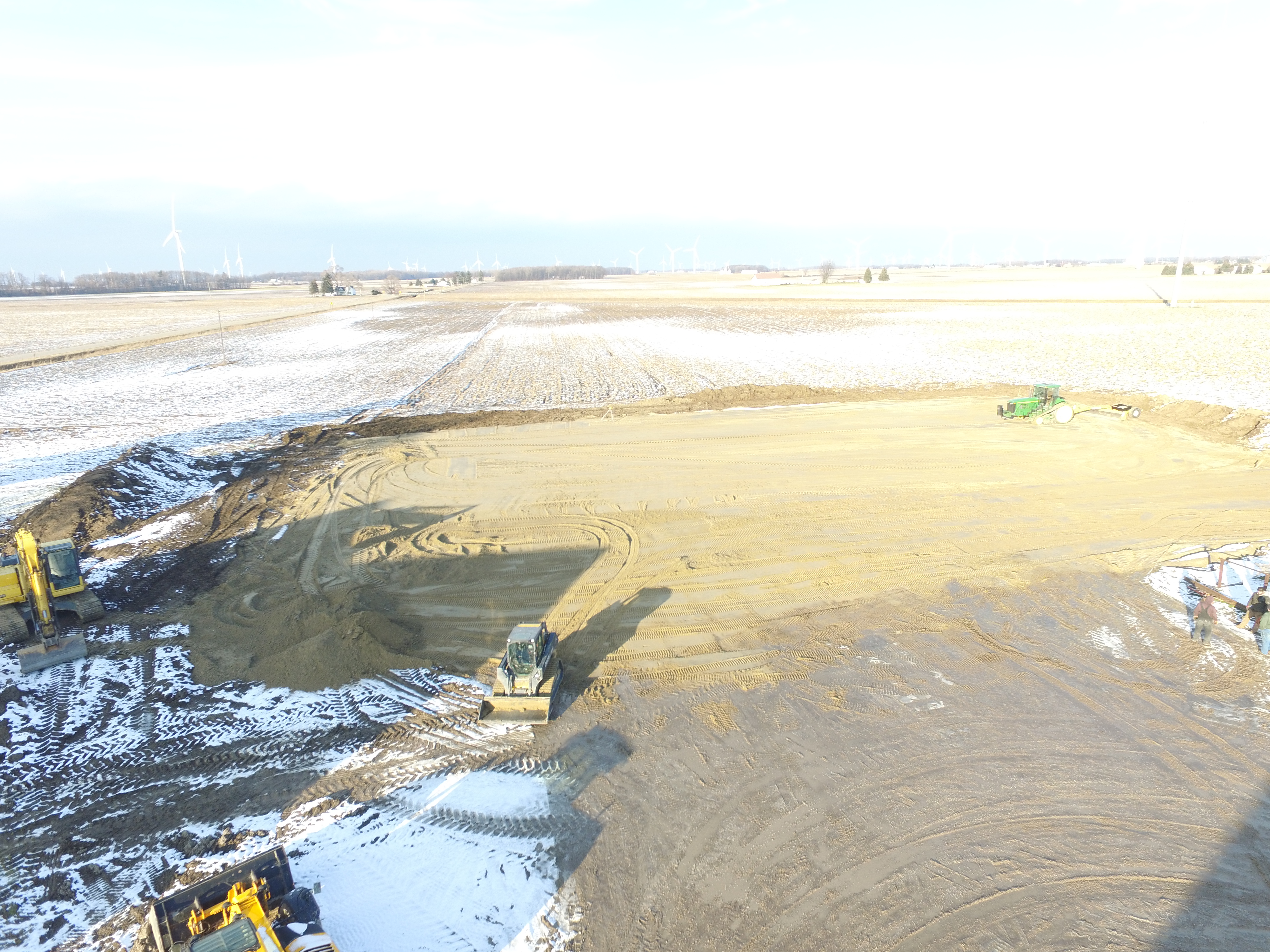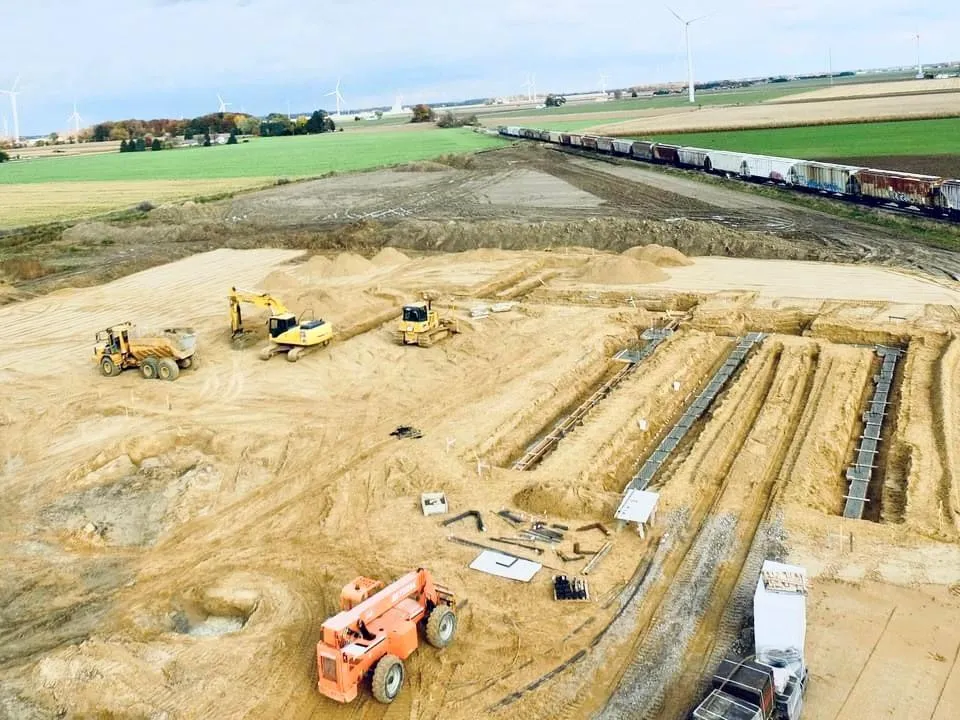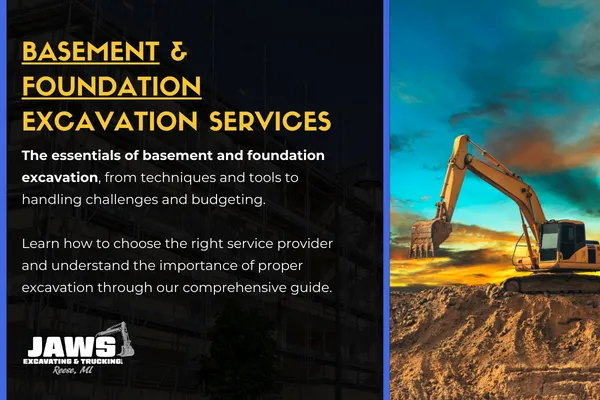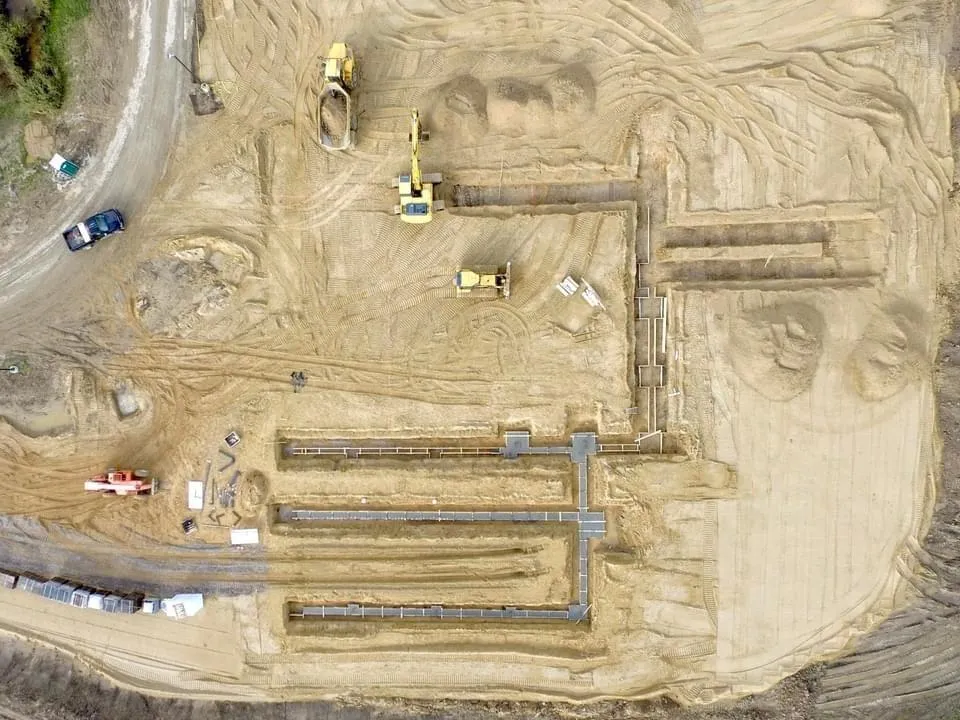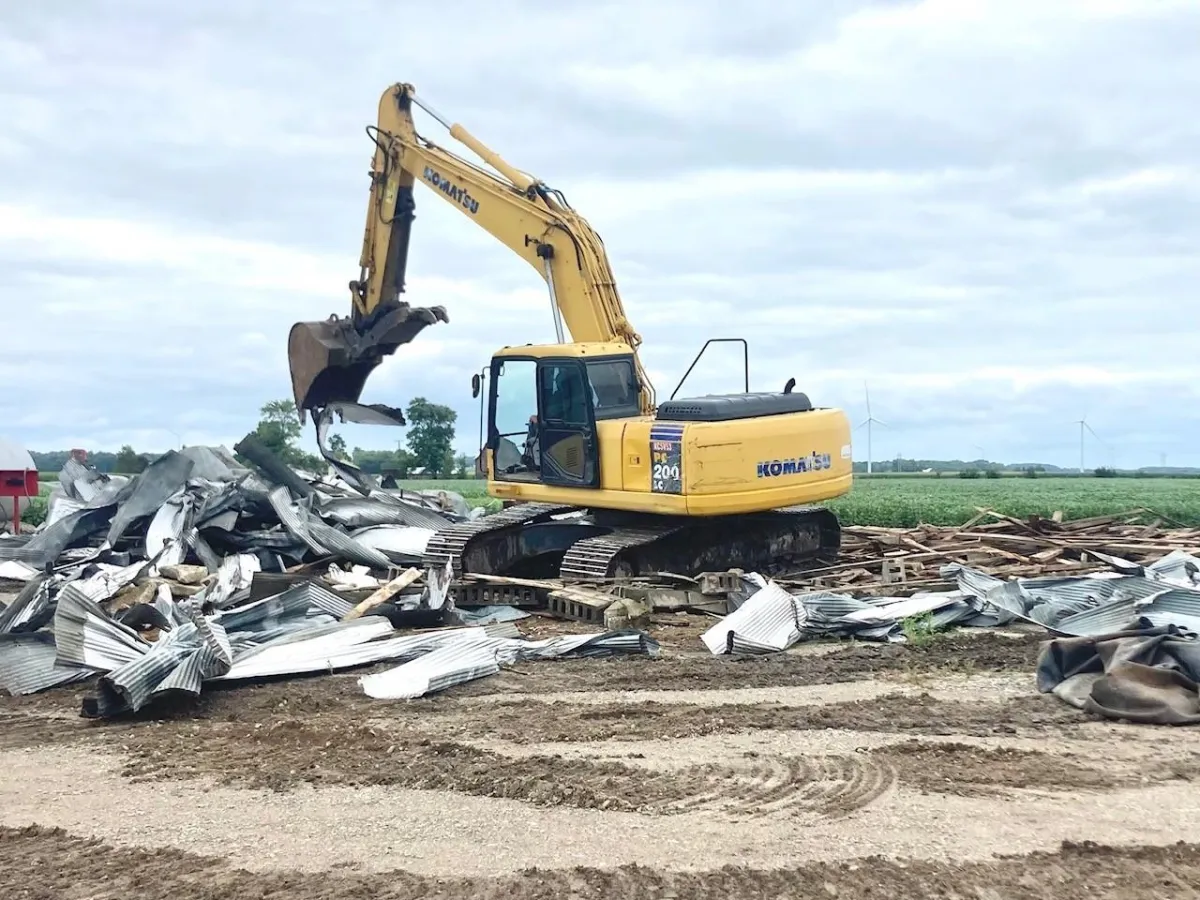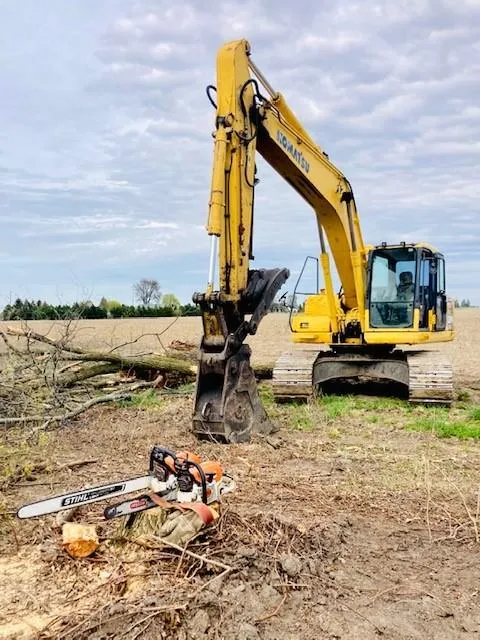
Maximizing Efficiency: Excavation Project Timelines and Efficiency
Maximizing Efficiency: Excavation Project Timelines and Efficiency
In the world of excavation projects, time is everything. From small-scale residential digs to large-scale commercial undertakings, efficient project timelines are crucial.
They not only ensure that projects are completed on schedule but also play a vital role in minimizing costs and maximizing productivity.
In this article, we will explore the importance of efficient project planning, key components of excavation project timelines, strategies for maximizing efficiency, the role of technology, overcoming common challenges, and measuring efficiency in excavation projects.
Understanding Excavation Project Timelines
Efficient project timelines are the backbone of successful excavation projects. They provide a roadmap for executing the various tasks involved, from site preparation to final cleanup. By breaking the project down into manageable stages, timelines enable project managers to allocate resources effectively, coordinate teams, and maintain a smooth workflow.
But what makes a project timeline efficient? It goes beyond simply assigning dates to tasks. Efficient project planning involves comprehensive analysis, careful sequencing, and proactive problem-solving. Let's delve deeper into the key components that make up efficient excavation project timelines.
The Importance of Efficient Project Planning
Efficient project planning is the foundation of a successful excavation project. It begins with a clear understanding of the project objectives, constraints, and requirements. By establishing a realistic timeline that accounts for potential delays and challenges, project managers can set realistic expectations and ensure a smooth execution.
Moreover, efficient project planning allows for accurate resource allocation. By identifying the necessary equipment, materials, and workforce at each stage of the project, managers can avoid unnecessary delays caused by resource shortages or overstocking.
Key Components of Excavation Project Timelines
Excavation project timelines consist of various key components, each contributing to overall efficiency:
Site Evaluation and Preparation: Before any excavation can begin, a thorough site evaluation and preparation must take place. This includes conducting soil tests, analyzing topography, and obtaining necessary permits and approvals.
Excavation and Digging: This stage involves removing soil and debris to create a foundation or trench as per project requirements.
Utilities Installation: Once the excavation is complete, the installation of utilities such as water and sewer lines or electrical conduits takes place.
Backfilling and Compaction: After utilities are in place, backfilling and compaction ensure proper stabilization and grading of the site.
Final Grading and Cleanup: The project is completed with final grading to ensure proper drainage and cleanup to restore the site to its original condition.
By understanding and incorporating these key components in excavation project timelines, efficiency can be maximized, and projects can be completed on time or even ahead of schedule.
Strategies for Maximizing Efficiency in Excavation
Efficiency in excavation projects can be further enhanced through the adoption of various strategies:
Adopting Advanced Excavation Techniques
Excavation techniques have come a long way, with advancements in equipment and methodologies. By staying up to date with the latest industry innovations, project managers can optimize excavation processes, minimize project timelines, and reduce overall costs.
For example, the use of innovative excavation equipment, such as GPS-guided machines, can improve accuracy and speed, resulting in faster and more precise excavation. Similarly, adopting techniques like hydro excavation, which employs high-pressure water and vacuum systems, can minimize the risk of damage to existing utilities while speeding up the excavation process.
Streamlining Communication and Coordination
Efficient communication and coordination are vital for project success. By establishing clear lines of communication and utilizing collaboration tools, project teams can quickly address issues and make informed decisions.
Regular meetings, progress reports, and real-time updates contribute to a proactive approach. This allows teams to identify and resolve potential bottlenecks or conflicts before they escalate, ensuring smooth progress throughout the project.
The Role of Technology in Excavation Efficiency
Technological Innovations in Excavation Projects
Technology plays a pivotal role in driving excavation efficiency. From advanced surveying tools to drone-based site inspections, the industry is witnessing a revolution in technological applications.

Real-time data collection and analysis enable project managers to make data-driven decisions. This not only speeds up the decision-making process but also ensures accuracy, reducing rework and unforeseen delays.
How Technology Can Shorten Project Timelines
Technology enables automation, precision, and streamlining of processes, ultimately shortening project timelines. For instance, 3D modeling and simulation software allow for virtual planning and testing before commencing on-site excavation, leading to better coordination and minimizing errors during the actual excavation process.
Additionally, the use of cloud-based project management systems allows for centralized data storage, easy collaboration, and real-time updates. This eliminates the need for manual information exchange, reducing the risk of miscommunication and saving valuable time.
Overcoming Common Challenges in Excavation Projects
Excavation projects often face a myriad of challenges that can hinder efficiency. However, with careful planning and proactive strategies, these challenges can be overcome.

Dealing with Unforeseen Obstacles
During excavation, unforeseen obstacles such as buried utilities or unexpected soil conditions may arise. To mitigate the impact on project timelines, it is essential to conduct thorough site evaluations and adopt techniques like potholing to identify potential obstacles in advance.
Furthermore, maintaining open lines of communication with subcontractors and suppliers ensures timely resolution of any unforeseen issues, minimizing their impact on the overall project timeline.
Mitigating Delays and Disruptions
Weather conditions, permit delays, and supply chain disruptions are common occurrences that can affect excavation project timelines. To mitigate these delays, project managers should maintain a buffer in the timeline, allowing for potential rescheduling or rearrangement of tasks.
In addition, establishing strong relationships with suppliers and subcontractors can expedite the procurement process and minimize the impact of potential delays in the supply chain.
Measuring Efficiency in Excavation Projects
Maximizing efficiency in excavation projects requires continuous evaluation and measurement. By implementing key performance indicators (KPIs), project managers can track progress and identify areas for improvement.
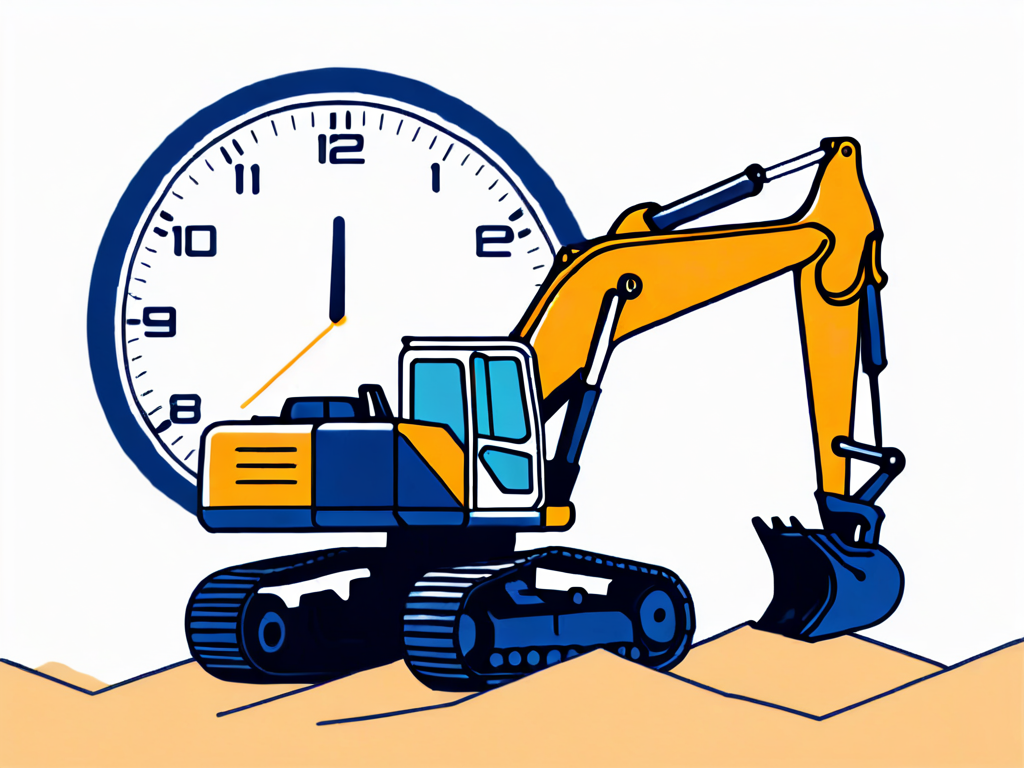
Key Performance Indicators for Excavation Projects
Some essential KPIs for measuring excavation project efficiency include:
Productivity Rate: Measuring the amount of work completed within a given timeframe provides insights into the overall efficiency of the excavation process.
Cost Variance: Comparing actual costs against budgeted costs helps evaluate financial efficiency and identify areas where cost-saving measures can be implemented.
Schedule Performance Index (SPI): SPI measures the progress of the project against the planned schedule, helping identify any deviations and allowing for timely corrective actions.
The Impact of Efficiency on Project Outcomes
Efficiency in excavation projects not only ensures timely completion but also has a lasting impact on project outcomes. It contributes to client satisfaction, enhances the reputation of project stakeholders, and paves the way for future success.
Additionally, efficiency allows for better resource allocation, lowering overall project costs and increasing profitability. It also minimizes environmental impact by reducing the duration of on-site activities and resource consumption.
In conclusion, maximizing efficiency in excavation projects is essential for achieving timely completion and overall success. By understanding excavation project timelines, adopting strategies to enhance efficiency, leveraging technology, and effectively mitigating challenges, project managers can optimize project outcomes and set a high standard for the industry. Continuous evaluation and measurement through key performance indicators further drive efficiency, ensuring that excavation projects not only meet expectations but exceed them.
Ready to take your excavation project to the next level of efficiency and success?
JAWS Excavating & Trucking, LLC brings over a decade of industry experience right to your project in the Mid-Michigan area. With our commitment to safety, quality, and guaranteed satisfaction, we ensure that your project's needs are not just met, but exceeded. For friendly service and a customized quote that aligns with your project's specific requirements, Call for friendly service & a customized quote 😊. Experience the JAWS difference where exceptional communication and unmatched integrity pave the way for outstanding project outcomes.
